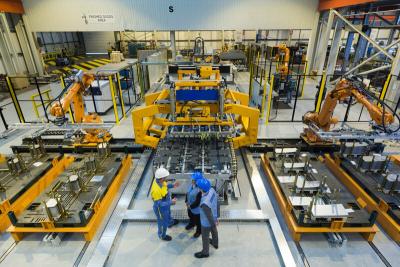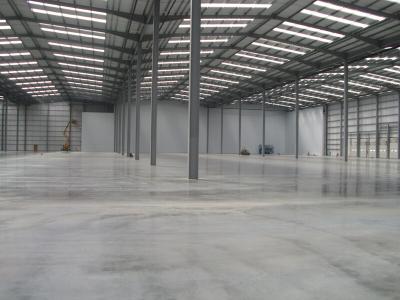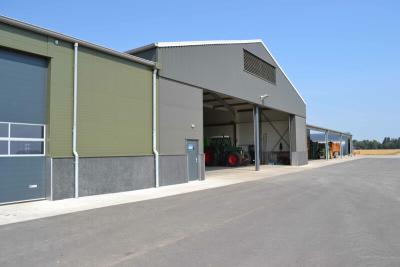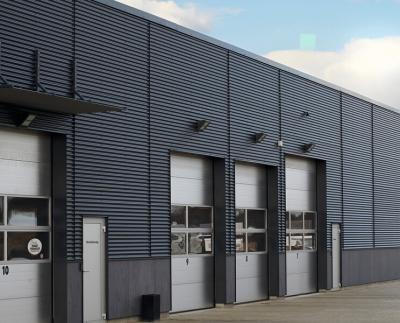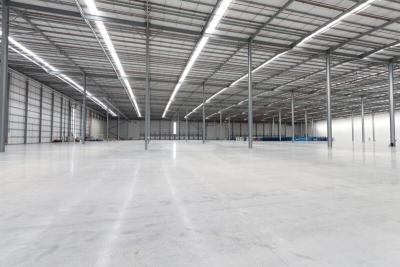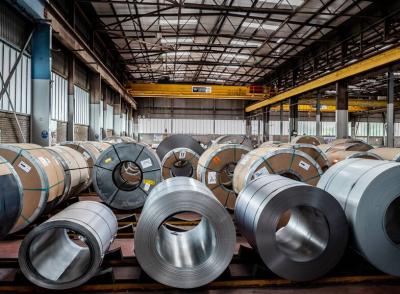The challenges the construction industry faces to meet Building Information Modelling (BIM) Level 2 - particularly for small and medium-sized enterprises (SMEs) - will be the focus of a webinar discussion led by Tata Steel on Wednesday 19th July 2017 at 12.30pm
Inviting SMEs, architects, engineers and contractors to engage in the discussion, the webinar aims to outline how the industry can support BIM adoption.


Entitled ‘The construction supply chain cannot realistically deliver BIM Level 2: Discuss’, the webinar will explore how prepared the construction industry is to implement BIM, bearing in mind 98% of building product manufacturers are small or medium-sized enterprises with more than 17,000 of these having fewer than 10 employees.
Alex Small, BIM and Digital Platforms Manager at Tata Steel, will chair the webinar. "SMEs are facing an ever-changing climate affected by evolving legislation and technology, and have limited flexibility and funds to invest in the latest practices and technologies."
Manufacturers are unsure what they should provide regarding BIM, as many clients are asking for various data files and types, which is hindering the BIM progress.
As BIM Level 2 has been mandated for all Government projects since April 2016, the webinar will examine how SMEs can fully adopt BIM and explore BIM compliance complexity, expense and accessibility.
‘The construction supply chain cannot realistically deliver BIM Level 2: Discuss’ will also encourage product manufacturers, suppliers, architects and contractors to consider the true cost of producing BIM objects, relating to time, employee and financial constraints.
Lasting 30 minutes, the webinar will feature a question and answer session and include a live poll gauging opinion on topics discussed.
Alex Small concluded: “With BIM being an official requirement on all centrally procured public sector developments, UK companies are increasingly being asked to adopt the technology to meet industry and supply chain demand.
“As such, it is vital to discuss key BIM constraints within construction, including the role the Government and large construction companies have in easing BIM adoption throughout the entire supply chain, or, whether major BIM investments will be for nothing if other industry players won’t be able to follow suit.
“We look forward to engaging with architects, engineers and contractors who have, and are yet to, adopt BIM to hear their views and suggestions on how, as an industry, we should move forward together.”











